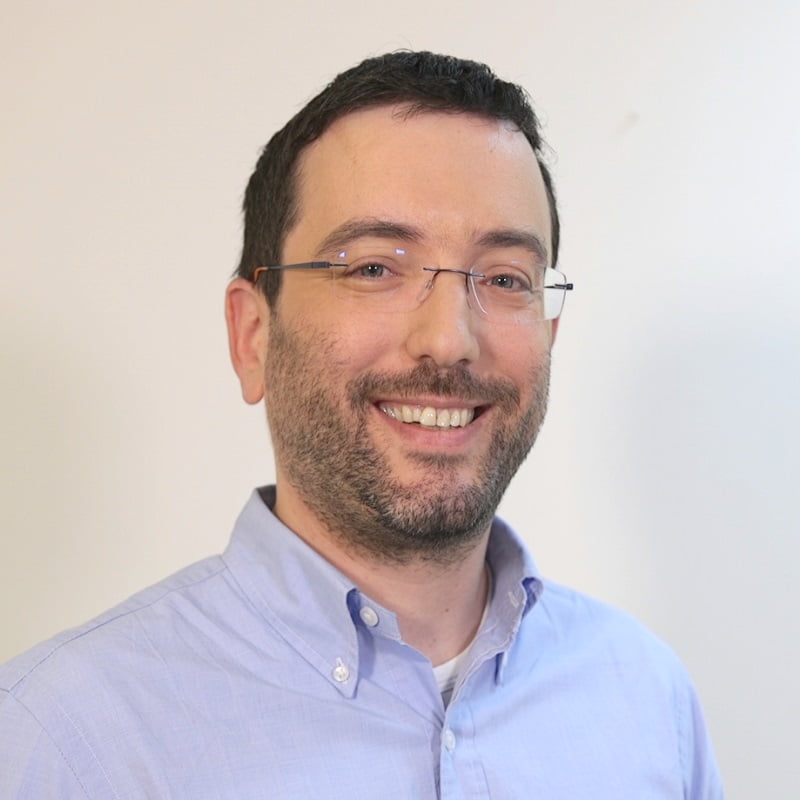Israel’s Sheba Medical Center has announced a new cooperation with Telesofia Medical, an Israeli-founded New York-based startup focused on interactive patient educational videos, for a new personalized telemedicine program that will help cancer patients and oncologists with at-home monitoring and treatment between visits.
The Sheba Medical Center said the program, co-developed by Dr. Benjamin Boursi, a cancer specialist in Sheba’s Clinical Oncology and Radiotherapy Department, “will enable cancer patients to quickly reach their doctors and get personalized feedback via video within the comfort of their own homes.”
SEE ALSO: Israeli Oncologist Offers Hope With New Treatment For Some Pancreatic Cancer Patients
The program will allow patients to report progress and side effects in real-time to their oncologists, after which tailor-made videos based on doctor instructions will then appear on their phones.
“The technology has the potential to increase patient empowerment, reduce unnecessary medical complications and increase treatment efficiency,” the medical center said in a statement.
“One of the biggest challenges for doctors is the absence of interaction with their patients in between visits,” said Dr. Boursi in a hospital statement. “A lot of critical information about the patients’ welfare, especially if they are taking medications, can fall through the cracks until their next visit. This personalized program, which is part of the digital/telemedicine revolution at Sheba, will provide us with vital information, as well as create a new bridge between doctors and their patients.”

“When a person who is sitting at home can actually see their doctor pop up on their cellphone screen, addressing them by their name, it creates a special relationship,” Dr. Boursi went on.
“To my knowledge, this is the first-of-its-kind program in the world,” he said.
Telesofia Medical was founded in 2011 by a team of medical doctors and entrepreneurs and maintains an office in Ramat Gan, Israel. The company’s proprietary platform allows healthcare providers to automatically generate branded personalized educational videos for patients. Videos can vary between providing medical information such as explanations on proper usage and dosage of medications, guidance and preparation for medical procedures, and discharge instructions. The clips can be personalized to each patient based on a number of factors including demographics, lab results, specific medical instructions, and any specific products used by the patients, and are available across devices.
Sign up for our free weekly newsletter
Subscribe“We are proud to be working with Sheba, as we share similar values,” said Telesofia Medical co-founder and CEO Dr. Rami Cohen. “We both believe in a holistic view of patient needs, patient centricity and patient empowerment, both while in the hospital and between visits. We look forward to measuring the impact the new system has on the patient’s quality of life and clinical outcomes.”
The joint program will be piloted within Sheba’s Oncology Department and will be offered to several hundred patients within the gastrointestinal oncology unit during the next few months, the hospital said.
Earlier this year, the Sheba Medical Center – Israel’s largest hospital – was named among the 10 best hospitals in the world by Newsweek magazine.
Newsweek said the medical center, also known as the Tel HaShomer Hospital, “is a leader in medical science and biotechnical innovation, both in the Middle East and worldwide.”
“The center’s collaborations with international parties have advanced innovative medical practices, hospital systems and biotechnology,” according to the publication. “More than 25 percent of all Israeli medical clinical research takes place at its state-of-the-art facilities, and as a hospital it works with nearly every Israeli medical institute to educate students and advance the future of the medical profession.”
SEE ALSO:4 New Developments In Cancer Research, Detection, And Treatment From Israel
The hospital is also at the forefront of cancer research, including a promising clinical trial and study focused on pancreatic cancer, announced this past summer, and experimenting with the use of pods to produce genetically engineered human CAR-T cells to treat critically ill oncology patients.
Related posts

Israeli Medical Technologies That Could Change The World

Harnessing Our Own Bodies For Side Effect-Free Weight Loss

Missing Protein Could Unlock Treatment For Aggressive Lung Cancer




Facebook comments